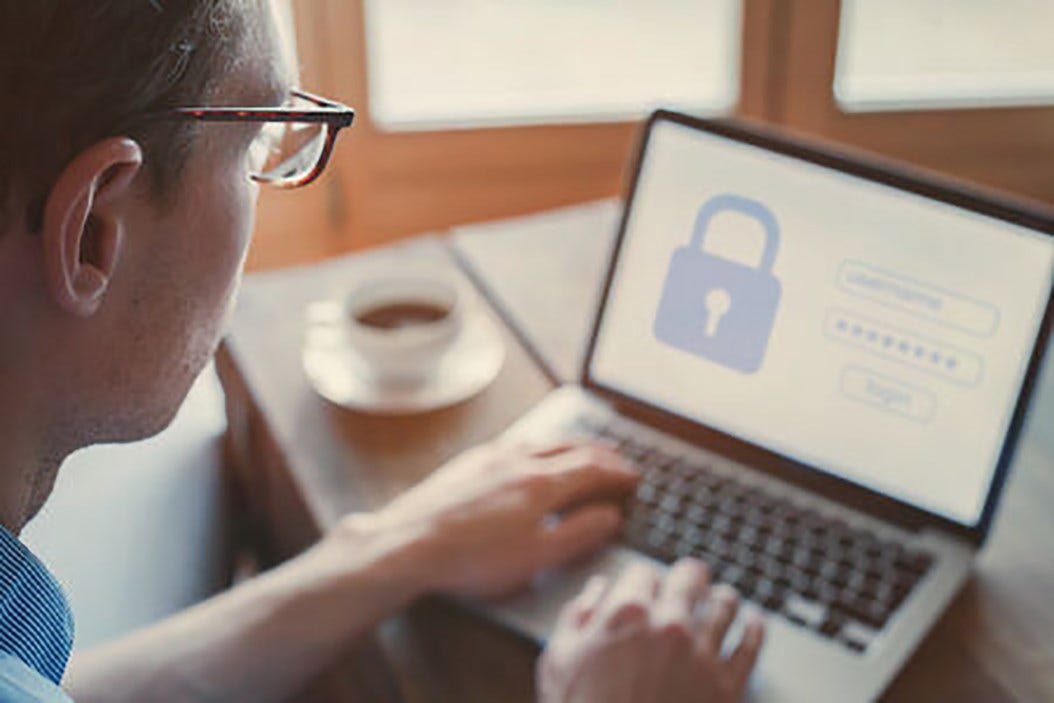Balancing Security and Privacy with Tech-enabled Convenience
 Image provided by Allegion
Image provided by Allegion
Subscriber Benefit
As a subscriber you can listen to articles at work, in the car, or while you work out. Subscribe NowThe pandemic has accelerated the advancement and adoption of tech – but we can’t forget to balance security and privacy concerns with tech-enabled conveniences.
There were many aspects of life that slowed down or came to screeching halt during the pandemic, but technology certainly wasn’t one of them. In fact, the pandemic accelerated both technology advancements and adoption.
With tech being quite literally the only way the world could connect with anyone outside of their household, even the most tech-phobic became intimately familiar with a variety of collaboration tools for work, socializing, entertainment, e-commerce, daily needs like grocery and food delivery, and even health care. Simultaneously, companies had to quickly adapt to unprecedented consumer demand in a hyper stressful environment and pivot their marketing to demographics they may not have previously considered a sweet spot; tech adoption was particularly accelerated amongst populations that have historically not fully leveraged tech.
While this bump in adoption is exciting for both consumers and developers, we must not forget to balance convenience with security and privacy. It can be easy, particularly in stressful times when tech is one of our only connections to our loved ones and community, to become a less-than-informed consumer.
For those who are less familiar with information-based tools and products, remember to be a smart consumer of tech-enabled convenience.
- If the service or tool is free, you are the product. Understand your exposure. How is your data being used, shared, and potentially sold? For some, the convenience of utilizing a service is worth sharing some data, and for others it is not. Be sure to understand what information you are comfortable sharing.
- Watch out for hidden fees. Many connected devices, convenience apps (like food and meal delivery) and entertainment apps require subscriptions (often after a free trial period), so understand your total cost of usage and/or ownership before purchase.
- Keep your guard up when it comes to work-from-home-related privacy. Many of us will continue to work from home for the foreseeable future – if not forever. It may seem routine now, but working from home can pose a real risk to your privacy and security. Secure your home router from malicious individuals who want access to your devices and private data. Maintain separate work and personal devices to reduce the amount of sensitive data exposed if your devices are compromised. Consider cyber security training for your employees to keep them abreast of easy steps they can take to avoid being compromised, such as enabling two-factor authentication, using a VPN, and keeping software and operating systems up to date.
- Be informed on how apps and services are protecting your data. The pandemic has created additional opportunities for consumers to access personal and sensitive services virtually, like therapy and healthcare. While that can be incredibly helpful, it also poses a unique security risk. Ask your online providers how you can be sure your personal information won’t be made public, intentionally or accidentally.
This article is sponsored content paid for by Allegion.
